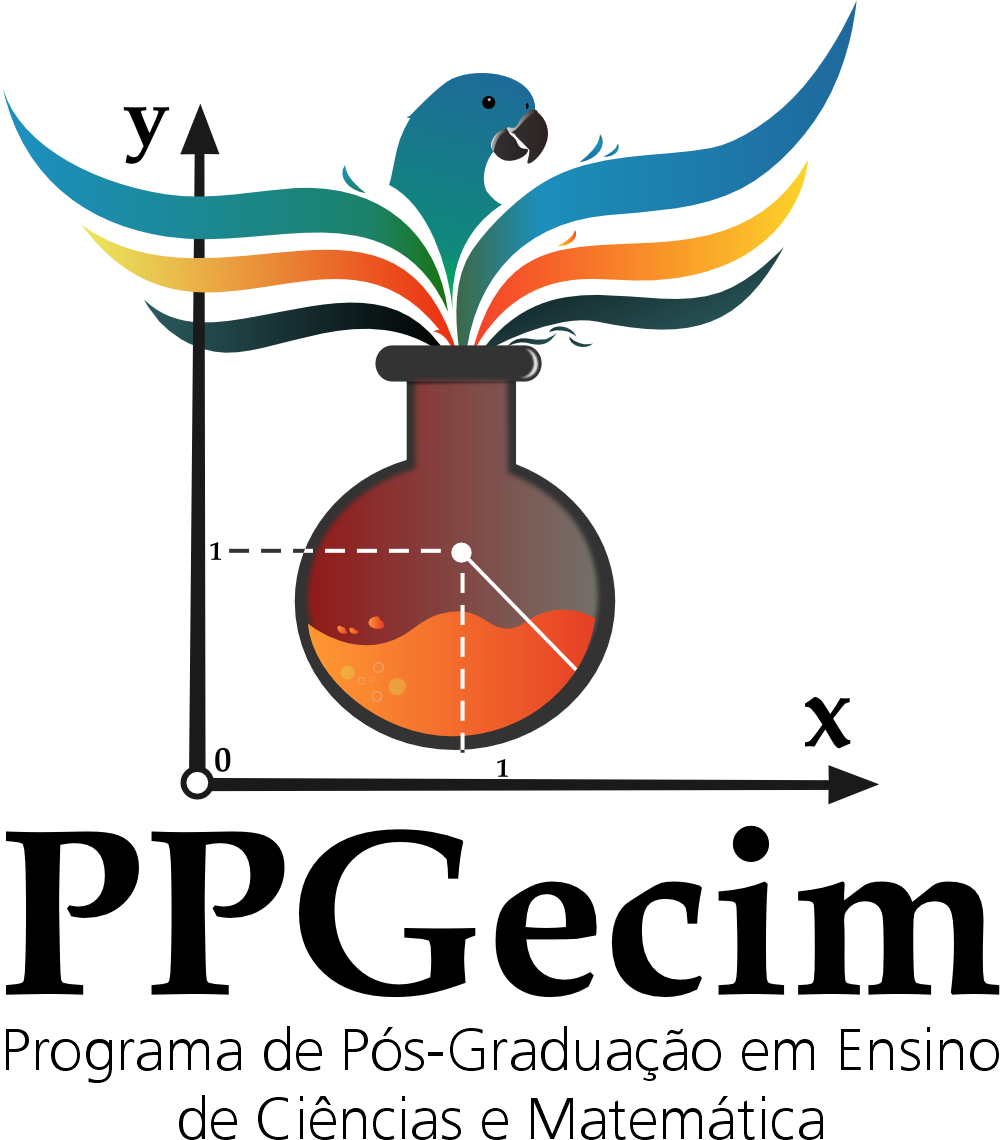v. 5 (2025): Janeiro a dezembro - Fluxo Contínuo | RIEcim - Revista Interdisciplinar em Ensino de Ciências e Matemática
Prezada comunidade científica e sociedade em geral,
A Revista Interdisciplinar de Ensino de Ciências e Matemática (RIEcim) acaba de lançar seu Volume 5, referente ao período de janeiro a dezembro de 2025. Esta edição, iniciada em 24 de janeiro de 2025, adota o formato de fluxo contínuo, permitindo a inserção de novos artigos ao longo do ano.
O primeiro artigo desta edição é intitulado "CARTOGRAFIA DA GAMIFICAÇÃO NO ENSINO DE POTÊNCIAÇÃO", de autoria de Moisés da Silva Santos, Djane da Silva Souza e Deive Barbosa Alves. Este trabalho explora a aplicação de elementos de gamificação no ensino de potenciação, oferecendo reflexões importantes para o ensino de matemática.
A RIEcim é uma publicação do Programa de Pós-Graduação em Ensino de Ciências e Matemática (PPGEcim) da Universidade Federal do Norte do Tocantins (UFNT), dedicada à divulgação de pesquisas e práticas inovadoras no ensino de ciências e matemática.
Para acessar estes e futuros artigos do Volume 5, visite o site oficial da revista: https://periodicos.ufnt.edu.br/index.php/RIEcim/issue/view/827
Acompanhe as atualizações e contribua para o avanço da Educação em Ciências e Educação Matemática no Tocantins, no Norte, na Amazônia, no Brasil e no Mundo!
Respeitosamente,
Equipe Editorial




























